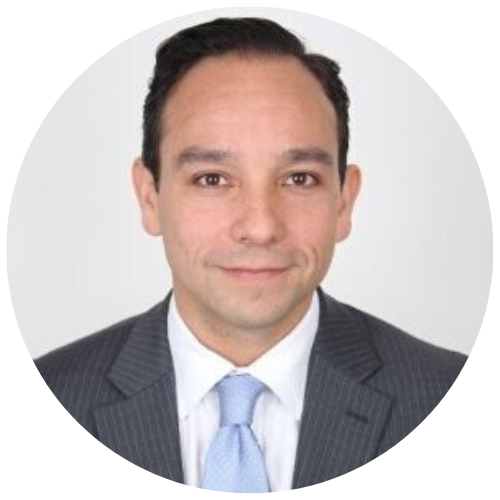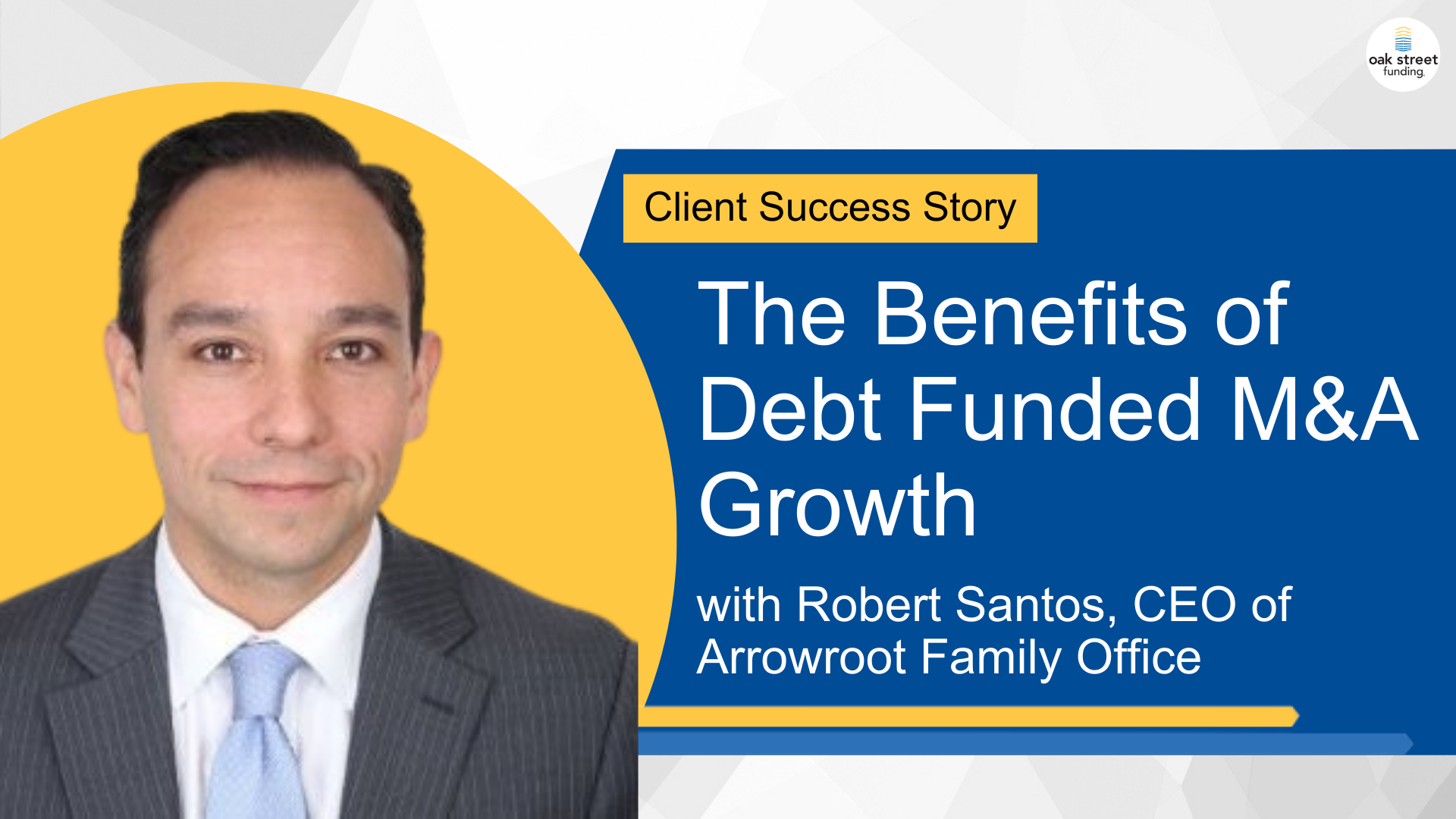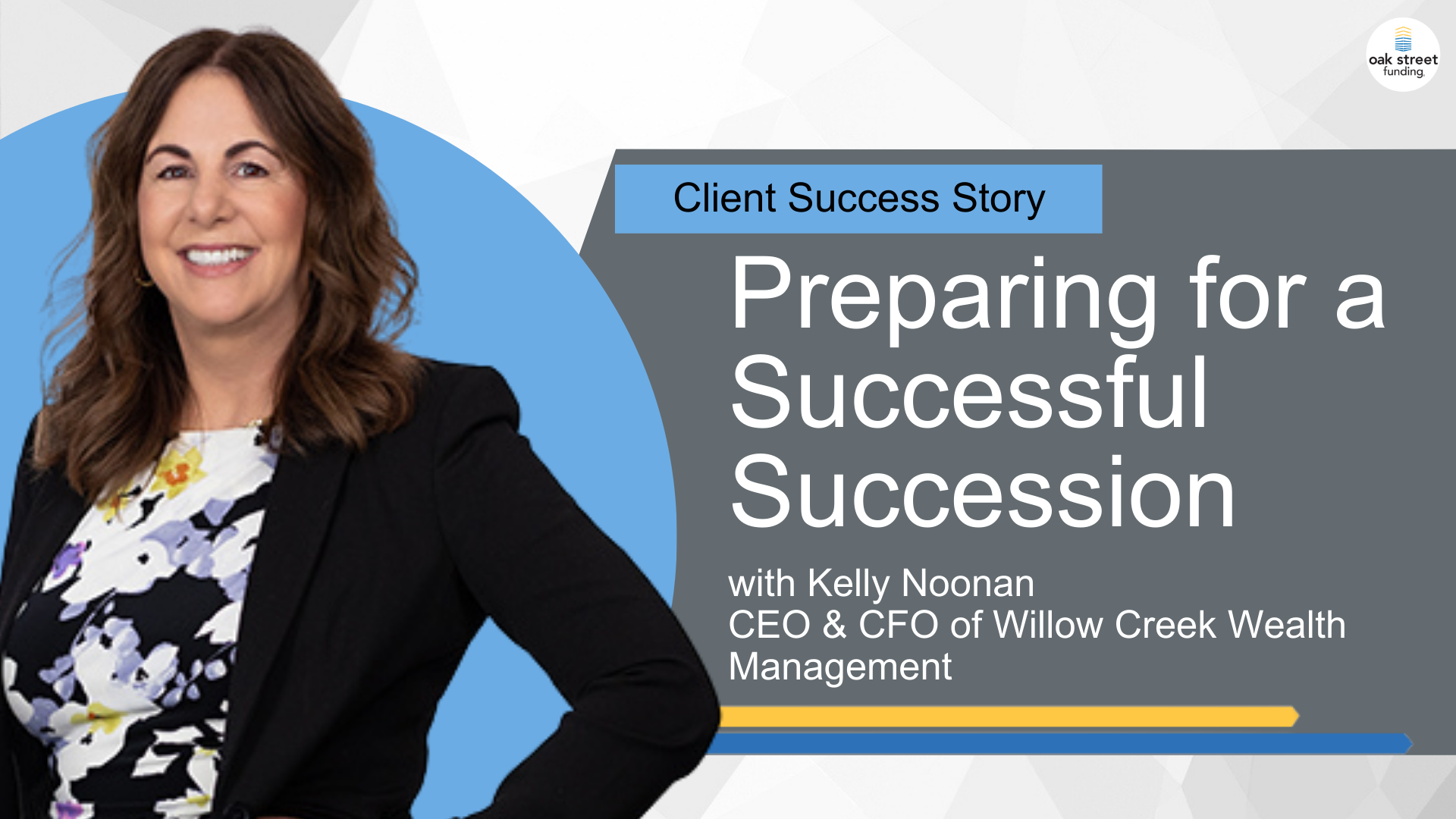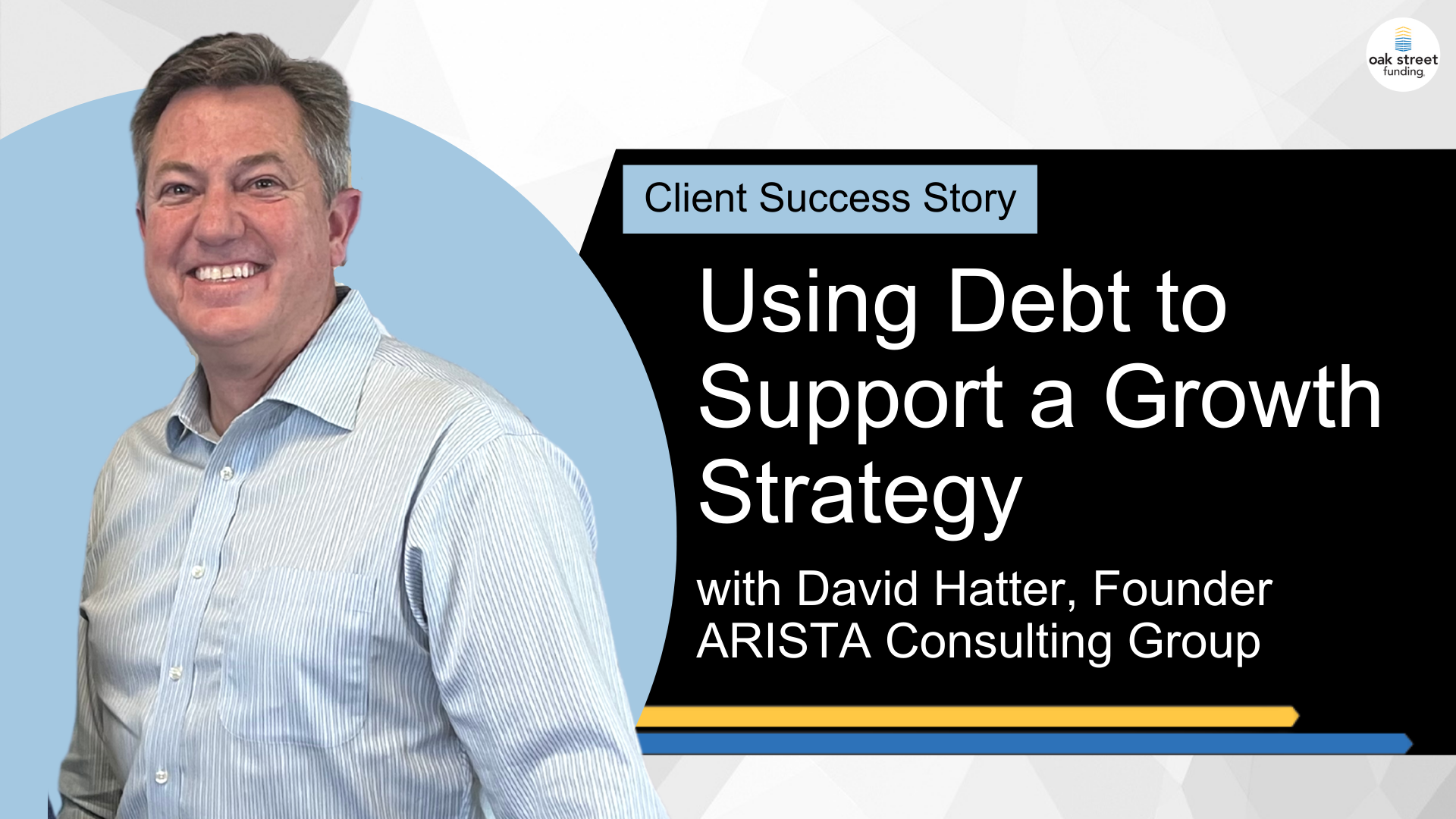Client Success Story: The Benefits of Debt Funded M&A Growth
- 0.5
- 1
- 1.25
- 1.5
- 1.75
- 2
Rob Santos: So COVID was a big catalyst for us to start growing through M&A. I think a lot of us as firm owners looked around and said, what would happen to us if we got sick and something were bad to happen? So starting to think about succession. The other was the big merger between Schwab and TD. Smaller RIAs were looking out to say, we don't necessarily want to be the smallest fish in the sea. And third was there was a lot of interest in mergers or acquisitions to non-private equity backed aggregators. Right. So those three things kind of came together in COVID. And so that's how we connected. A lot of RIA owners that are involved in M&A understand this when they're talking to private equity. Private equity has a return on an investment timeline of five years, maybe seven. I don't think any of the RIA owners out there, although there's a handful of them, want to be forced into a decision to sell their business, hand over their clients in five years. Right. And so by getting some debt, one, we don't have to go to private equity, we can remain employee owned, right? Second, we're not diluted. Third is that the debt allows us to give liquidity to folks that are looking to be able to sell their practice, but it also gives us a lot of flexibility. The number one reason why we went with Oak Street is because you guys were so focused on educating us on what the right decisions could be and what the options could be able to be. You had a lot of insight and knowledge about these kind of things, and you were a partner in going through these transactions, which were transformative for our business and also for those businesses that we were acquiring and merging. Before COVID, we were really singularly focused on organic growth. And like I said, we shifted to organic growth, but now M&A growth. And so 2020, we did two M&A activities. This year we just added a firm in Northern California. So now we have a total of four offices. And I would say that the implementation of this new strategy one, it's increased our AUM significantly. I think when we first were talking, we had about 80, and today we're at 300. Right. So we went from 80 to 300 in two years, which is pretty good growth. So what it did is it provided us a second, really second business strategy to help us grow in an authentic kind of way. So we are still very much focused on organic growth, but we certainly want to be able to continue to grow with partners, like- minded partners that fit with us culturally, philosophically, and regionally to be able to come to the inaudible brand. And so having Oak Street as a partner and having other firms that align with our interests really is very, even in a market like 2022, has been a really transformative thing for us to continue to grow. And we're excited to continue to do that. The first is, why are you trying to do this, right? And the second is recognize that that means there's going to be change for your role and that there's some potential wonderful things out there about this strategy, but there's also some really big pit holes that you want to try to stay away from. So you want to be educated before you go into this process. Obviously, we're in a very different world than 2020 as far as interest rates are concerned. Also, as far as who's doing private lending. And so, you want to educate yourself not only in just the high level points of, okay, well what's the interest rate and what's my term? And those things that people are really heavily focused on. You want to be able to work with a lender that has a tremendous amount of experience lending into the RIA space. This is a very particular type of industry. Right. There are very particular things that go into your underwriting and our costs and our understanding that are really specific to an RIA business. Right. How old is the book? How much retention have they had? What are the financials of that business look like? How does that fit into what you're doing? Whereas I think a lot of people's kind of gut reaction is to just reach out to their bank and maybe try to pull out a home equity loan or do something like that. And I don't want to take away from that because that could be a great solution, but it's better to go to somebody that has that industry expertise. So you can protect yourself. You can sit yourself up to understand what the challenge is, and the rewards are going to be with someone that can help guide you there a little bit better.
DESCRIPTION
Hear from Rob Santos, CEO of Arrowroot Family Office as he discusses growth through debt funded acquisitions. Rob founded Arrowroot Family Office in 2013 and has helped the firm grow through M&A. Their experienced professionals have deep industry expertise and a strong network to provide personalized financial solutions to their clients. They specialize in tax, cash flow, and retirement planning, and do so in order to provide clients with the comfort and peace of mind needed to feel confident in their financial futures. Arrowroot Family Office is a great example of how using debt can help support an M&A strategy without losing equity in the company.
Today's Guests




